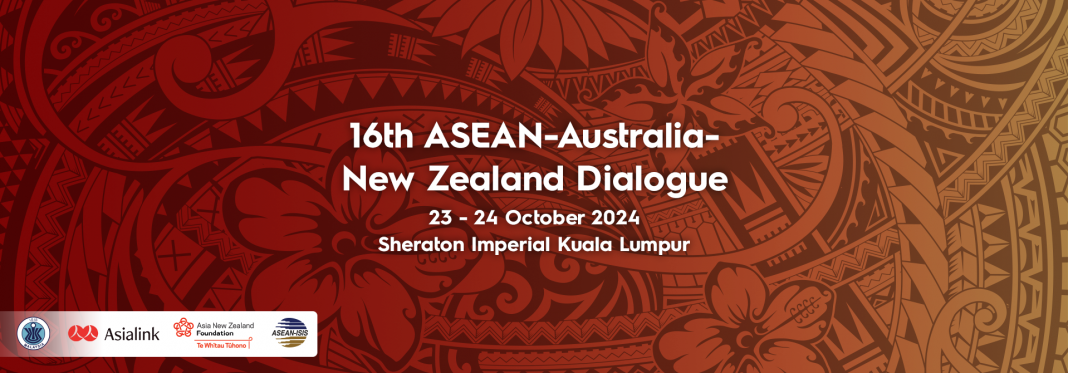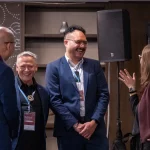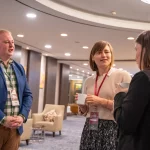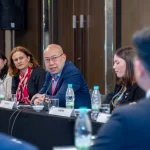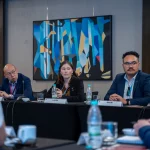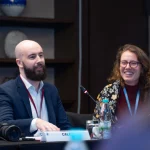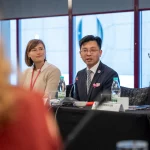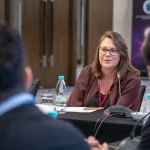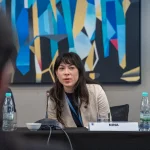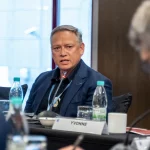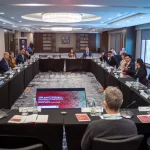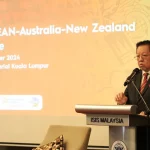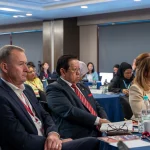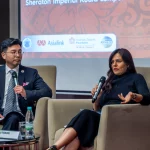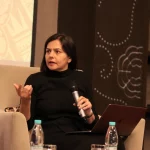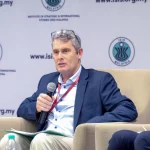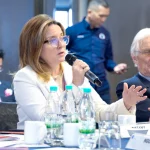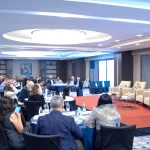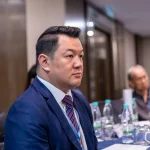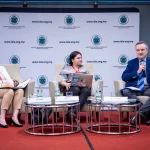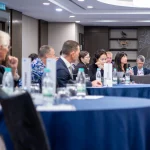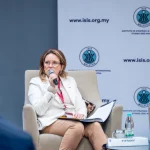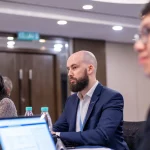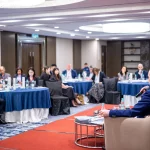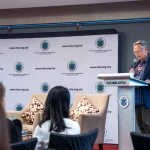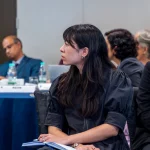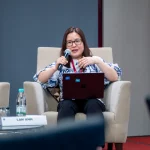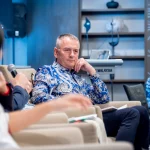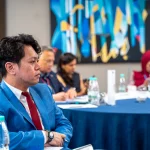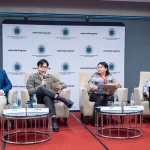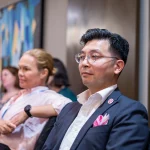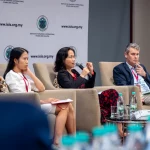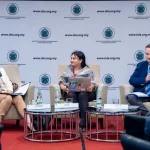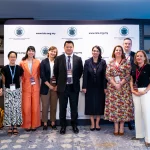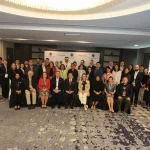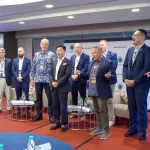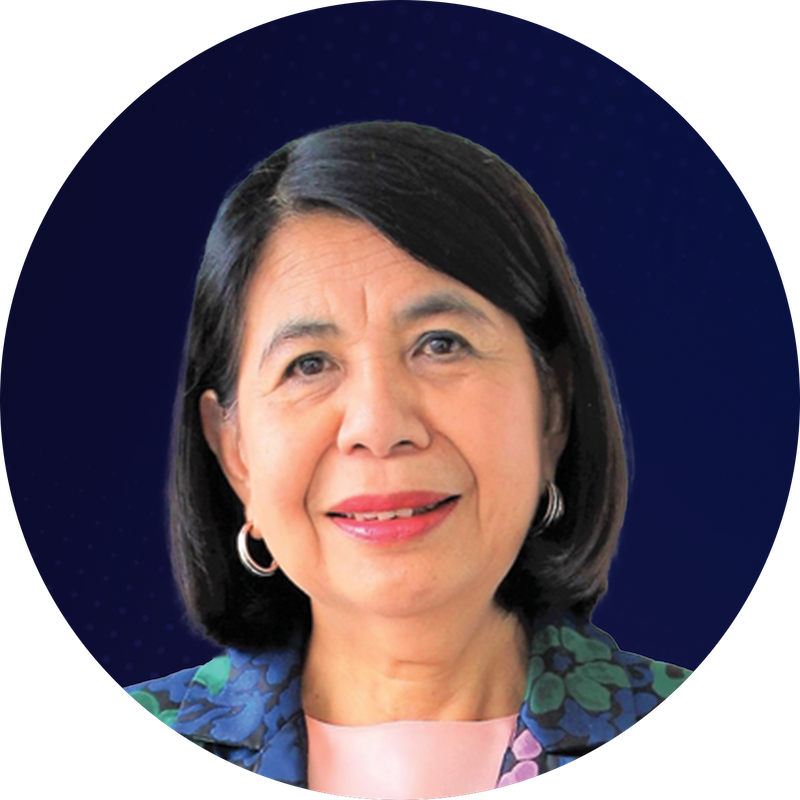The ASEAN-Australia-New Zealand (AANZ) relationship today faces multiple challenges – from global pressures and uncertainties to geopolitical challenges.
Join us at the 16th AANZ Dialogue focused on bolstering regional resilience; impact of the US elections on the Indo-Pacific; role of social media and geopolitics; demographic challenges of ageing populations and intra/inter-regional migration; and Malaysia’s assumption of the ASEAN chair in 2025, among others.
The two-day roundtable features the ambassadors, academics, analysts and officials discussing some of the pressing issues in the region.
23 October 2024
Datuk Prof Dr Mohd Faiz Abdullah
Chairman
Institute of Strategic & International Studies (ISIS)
Malaysia
Prof Anthony Milner
Senior Advisor
Asialink
Australia
Hone McGregor
Trustee
Asia New Zealand Foundation (ANZF)
New Zealand
- From the first and only dialogue partners to one of many, where does the AANZ relationship stand today?
- What would ASEAN like to see from Australia and New Zealand? What role could they play?
- Where do Australia and New Zealand stand in comparison to other ASEAN partners?
- In the context of rising global pressures and uncertainties, what is the future of the AANZ relationship?
Moderator:
Dr James To
Manager, South Island and Track II Programme
Asia New Zealand Foundation
Speaker:
HE Dato’ Astanah Abdul Aziz
Deputy Secretary-General of ASEAN for ASEAN Political-Security Community
- How do Australia and New Zealand perceive ASEAN’s (as a regional bloc and its individual member states’) responses to intensifying geopolitical challenges?
- How can ASEAN unity be strengthened and what is the role of Australia and New Zealand supporting regional resilience?
- Do ASEAN member states think Australia and New Zealand have the diplomatic ability to sufficiently contribute to this? What needs to change?
Moderator:
Thomas Daniel
Senior Fellow
Institute of Strategic & International Studies (ISIS) Malaysia
Speaker:
Dr Mohamad Azmi Hj Mohamed
Researcher
Brunei Darussalam Institute of Policy and Strategic Studies
Ministry of Foreign Affairs
Susannah Patton
Director, Southeast Asia Programme
Lowy Institute
Australia
Kenneth Leong
Director
ASEAN NZ Business Council
- With the US elections in a few weeks, we face the possibility of a very different American approach to foreign policy.
- Some experts say that a Trump administration’s foreign policy will focus predominantly on China (moving away from Ukraine and Palestine). This will mean stronger US presence in the region. How would this impact on ASEAN member states? Could this act to further challenge ASEAN cohesion?
- What does ASEAN want to see from the new US president? How can Australia and New Zealand support ASEAN in these goals?
- What opportunities do ASEAN member states see emerging in the elections? What are the primary concerns?
Moderator:
Bianca Birdsall
Senior Adviser
National Security College
Australian National University
Speakers:
Kavi Chongkittavorn
Senior Fellow
Institute of Security and International Studies
Chulalongkorn University
Thailand
Dr Tran Thi Bich
Postdoctoral Fellow
Lee Kuan Yew School of Public Policy
Singapore
Interventions:
Dr Julia Macdonald
Director (Research and Engagement)
Asia New Zealand Foundation
Prof Anthony Milner
Senior Advisor
Asialink
Australia
- How are geopolitics being influenced by social media?
- What can we learn from the ways in which social media influenced governments and policy? Are these being addressed through our cyber security policies? If not, how could they be?
Moderator:
Harris Zainul
Deputy Director (Research)
Institute of Strategic & International Studies (ISIS) Malaysia
Speaker:
Colin Peacock
Producer
Radio New Zealand
- What are New Zealand and Australia’s priorities for investment? What is going wrong and how do we improve?
- What differences does ASEAN see in the approach to investment adopted by Northeast Asian, the US and European countries, compared with Australia and New Zealand?
- How do push-and-pull factors for investment in ASEAN compare to other global regions? What steps can be taken to enhance ASEAN’s attractiveness to investors to Australia and New Zealand?
Moderator:
Arividya Arimuthu
Senior Fellow
Institute of Strategic & International Studies (ISIS) Malaysia
Speakers:
Fithra Faisal Hastiadi
Lecturer, Department of Economics
University of Indonesia
Penny Burtt
President, Southeast Asia
Boeing
Australia
Hone McGregor
Trustee
Asia New Zealand Foundation
24 October 2024
- What does ‘good diplomacy’ look like in this context?
- What is the role of dialogues and summits in strengthening the ASEAN-Australia-NZ partnership? How do these kinds of formal conversation help build this relationship?
- What were the key outcomes of the ASEAN-Australian Special Summit earlier this year? Did the summit achieve its intended outcomes?
- What is the relevance of the Melbourne Declaration from the ASEAN-Australia Special Summit? How does a document like this promote norms of inclusivity and sustainability?
- Empowering young leaders is noted as an opportunity for the relationship in the report. What does this actually mean?What is or should be the role of young people in strengthening this relationship? How can we practically elevate young leaders or are they already doing it?
Moderator:
Jean Clarisse Carlos
Head of Project Development
Philippine Institute for Development Studies
Speakers:
Prof Nicholas Farrelly
Pro Vice-Chancellor
University of Tasmania
Australia
HE Tiffany McDonald
Ambassador of Australia to ASEAN
- ASEAN countries, and states in the Asia-Pacific more broadly, are facing a diverse range of demographic challenges and opportunities. Some must contend with the prospect of shrinking workforces, while others will see their working-age populations grow significantly. All will need to pay for the care of growing numbers of retirees. These trends will have profound impacts on many policy areas, including immigration, both within and outside of the region; productivity; economic growth; and demands on social/infrastructural spending.
- What efforts are countries with growing workforces making to prevent an exodus of their educated youth to wealthier countries with shrinking workforces?
- How would large-scale migration of workers within Southeast Asia and efforts to stem such flows impact on regional relationships?
- What are the expected impacts demographic changes in the region on the future of work?
- What adjustments will ASEAN, Australia and New Zealand need to make to accommodate the economic, social and foreign policy impacts of these demographic trends?
Moderator:
Calvin Cheng
Fellow
Institute of Strategic & International Studies (ISIS) Malaysia
Speakers:
Jean Clarisse Carlos
Head of Project Development
Philippine Institute for Development Studies
Prof Dr Hoang Lan Anh
Professor in Development Studies
University of Melbourne
Australia
Brad Olsen
CEO
Infometrics
New Zealand
- How are the crisis in Myanmar and tension in the South China Sea impacting on ASEAN’s unity?
- What strategies can Malaysia, as the incoming 2025 ASEAN chair, adopt to foster greater cohesion, consensus and cooperation among member states in advancing the regional agenda beyond 2025, keeping in mind the potential pitfalls and challenges?
- How can dialogue partners support ASEAN and ASEAN-led architecture in these contexts?
Moderator:
Colin Peacock
Producer
Radio New Zealand
Speakers:
Hoang Thi Ha
Co-coordinator, Regional Strategic and Political Studies Programme
ISEAS Yusof Ishak
Singapore
Dr Nguyen Thi Bich Ngoc
Assistant Director-General
Institute for Foreign Policy and Strategic Studies
Diplomatic Academy of Viet Nam
HE Stuart Calman
Ambassador of New Zealand to ASEAN
Intervention:
HE Tiffany McDonald
Ambassador of Australia to ASEAN
Harris Zainul
Deputy Director (Research)
Institute of Strategic & International Studies (ISIS) Malaysia
Prof Anthony Milner
Senior Advisor
Asialink
Australia
Hone McGregor
Trustee
Asia New Zealand Foundation
| Date | 23-24 October 2024 |
| Time | 0900-1600 |
| Venue | Sheraton Imperial Kuala Lumpur |



